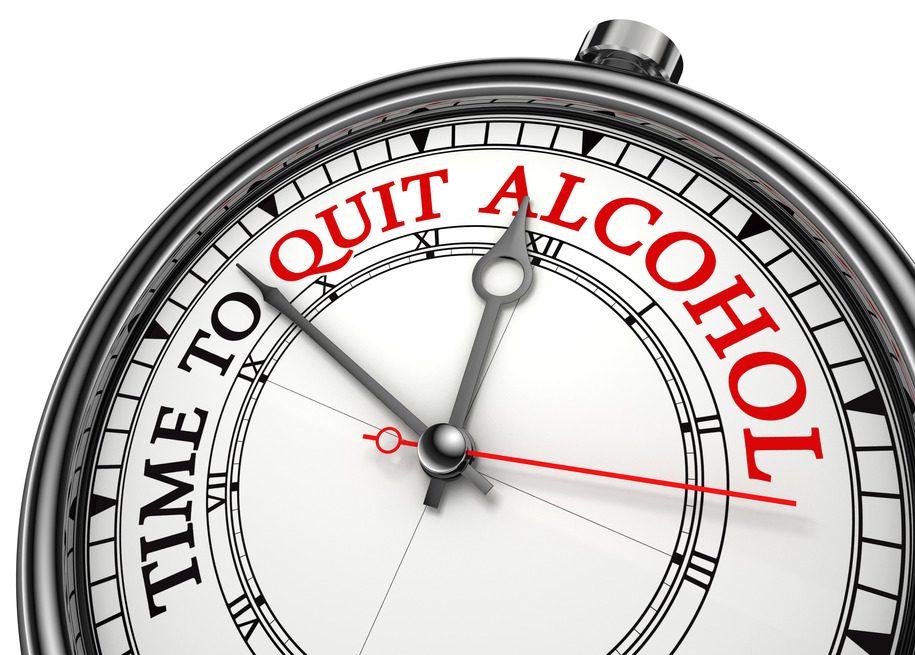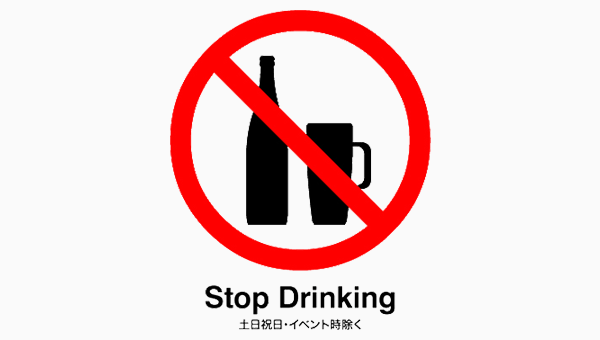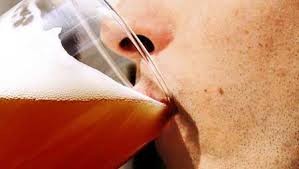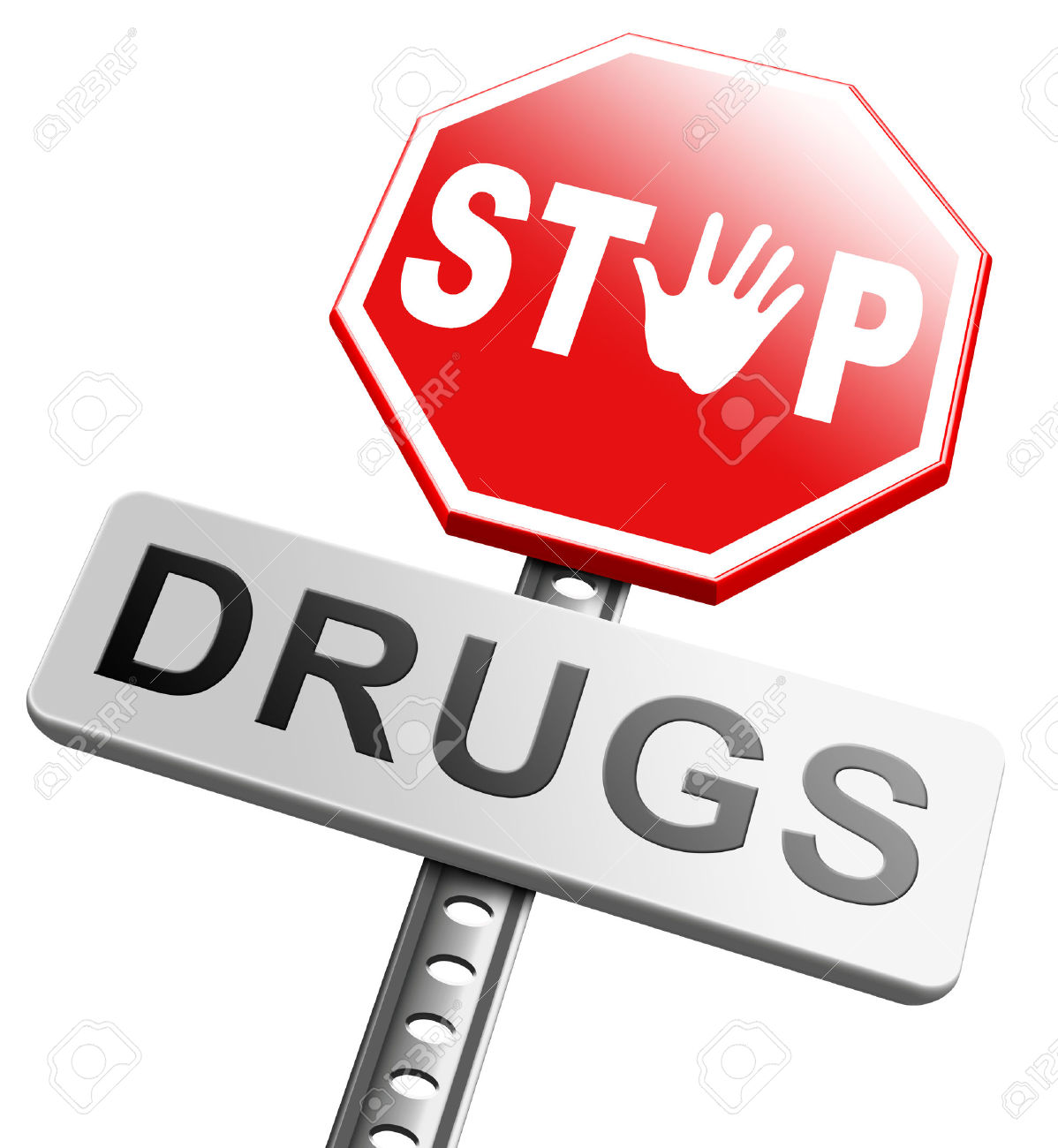Digestive complications caused by alcohol addiction

Digestive complications caused by alcohol addiction are real, the solution is quitting
Digestive complications caused by alcohol addiction: Risk of developing other diseases
According to the experts at AWAREmed Health and Wellness Resource Center, alcohol abuse can cause havoc in every organ of the digestive system. Doctor Dalal Akoury shares with us some of the most common digestive complications that are likely to come as a result of the abuse of this substance:
- Alcohol increases the risk that people will develop mouth cancer remember that alcohol comes in second besides tobacco smoking to this effect. However it can also cause some people to develop gum disease.
- Heartburn is frequently caused by excessive alcohol intake. It does this by relaxing the sphincter that is there to control the acidic contents of the stomach from passing into the esophagus. If this fluid makes it past the sphincter it can be highly irritating to the esophagus, and this is what causes heartburn.
- Alcohol abuse can damage the lining of the stomach. This can lead to problems including inflammation of the stomach gastritis.
- Alcohol may increase the risk of people developing stomach cancer, but there is no conclusive proof of this.
- Alcohol abuse can increase the risk of people developing small intestine cancers.
- It can cause mal-absorption so that the individual is not absorbing all the nutrients from food they need.
- It may cause leaky gut syndrome where unwanted toxins are able to leak through the intestine into the rest of the body. These toxins then cause problems and lead to ill-health.
- It can exacerbate irritable bowel syndrome
- Alcohol can cause both diarrhea and constipation
- Excessive alcohol intake can lead to an inflammation of the pancreas. This is known as pancreatitis and it can lead to life-threatening complications. It can also interfere with the ability of the digestive system to function effectively.
- The effect of alcohol on the liver is well documented. If people are drinking excessively they can start to develop the early stages of alcoholic liver disease. If this progresses to cirrhosis then the damage will be so severe that this organ is unable to function properly. Not only is the liver vital for digestion, but it is also necessary for other important functions as well.
Digestive complications caused by alcohol addiction: Alcoholism and malnutrition
Researchers have established that many alcoholics fail to get adequate nutrition, and this leads to serious health consequences. The consequences of this could develop problems like alcoholic dementia and peripheral neuropathy because of nutritional deficiencies. The reason why this occurs is that alcohol contains empty calories while offering little nutritional value. This means that people do not feel hungry. Alcoholism also causes people to lose interest in food, and the impact of alcohol on the digestion of food can lead to mal-absorption when they do eat. This is why chronic alcoholics will usually suffer from poor health because of malnutrition. Finally the notion of moderate drinking has not worked for many owing to the addictiveness of alcohol. It is therefore advisable to quit alcohol altogether for your digestive system to be healthy and effective. Meanwhile if you are struggling with alcohol, then you can schedule for an appointment with doctor Akoury to get professional help and treatment to correct any damage that may have been caused by the abuse of alcohol.
Digestive complications caused by alcohol addiction: Risk of developing other diseases








